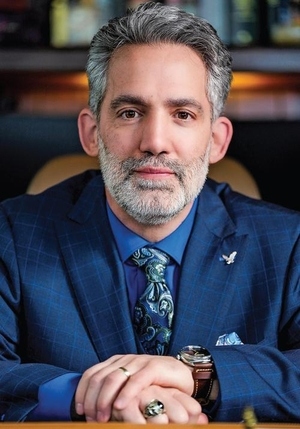Distribution of Damages Among Surviving Family
It’s important to note that the distribution of damages may not necessarily align with the individuals who file the wrongful death lawsuit.
While the personal representative or executor of the deceased's estate often hires a Rhode Island wrongful death attorney on behalf of the beneficiaries, the damages recovered do not automatically belong to the representative or executor. Instead, they are meant to compensate the beneficiaries directly for the losses they have suffered as a result of the death.
Identifying Wrongful Death Beneficiaries
In cases where there is a surviving spouse and children, wrongful death damages are typically divided among them. Rhode Island law dictates that the surviving spouse is entitled to one-half the recovery, and the surviving children are entitled to one-half the recovery.
The surviving spouse may receive all the damages if there are no children. However, if there are no surviving spouse or children, the damages may be distributed to the deceased’s next of kin as defined by Rhode Island’s laws of intestacy. Often, this will be the deceased's parents or other siblings.
Understanding the exact distribution of damages can be complex and may require a Rhode Island wrongful death lawyer’s insight to prevent unnecessary disputes and legal challenges.
Why You May Need a Kirshenbaum & Kirshenbaum Wrongful Death Lawyer
Navigating the legal process of seeking wrongful death damages in Rhode Island can be daunting, especially for families already grappling with the emotional aftermath of their loss. This is where the guidance of an experienced Rhode Island wrongful death attorney becomes invaluable.
The skilled attorneys at Kirshenbaum & Kirshenbaum can guide families through each step of the legal proceedings. We’ll be there to gather evidence and build a strong case. We can negotiate with insurance companies or opposing parties on behalf of the beneficiaries. Our team can also provide invaluable support and advocacy, ensuring that the family's rights are protected and that they receive fair and just compensation for their loss.


